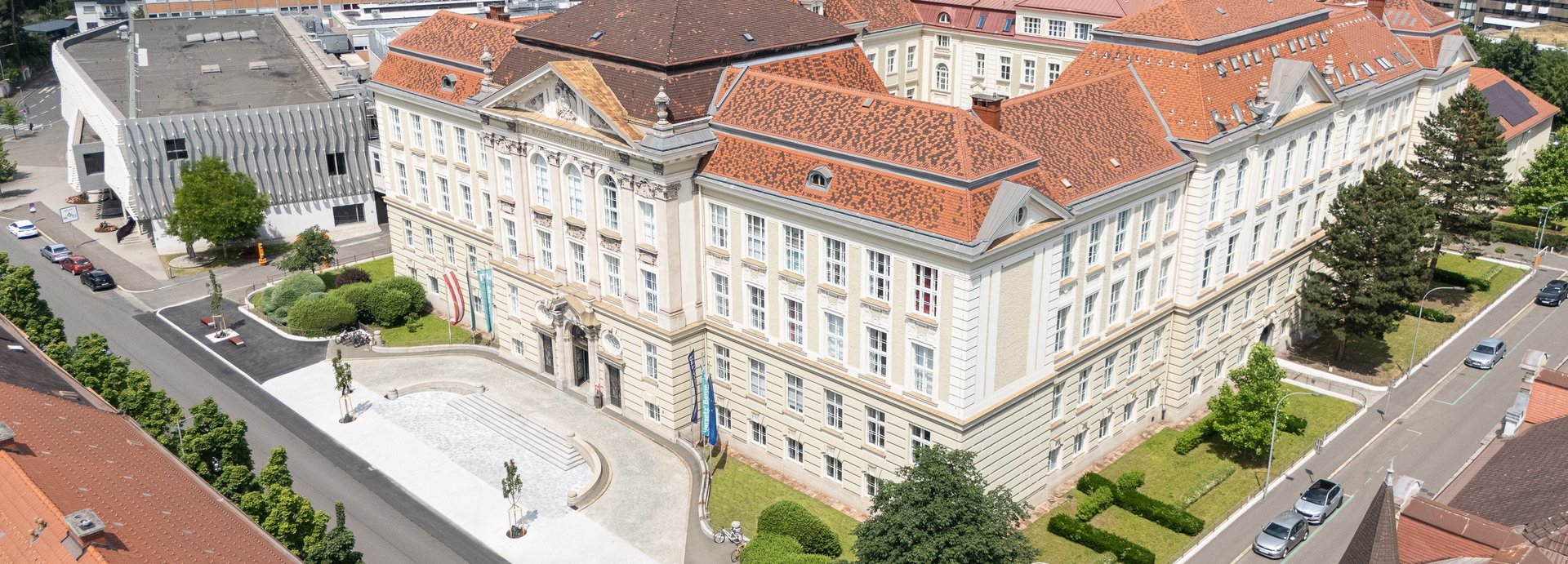Montanuniversität as pioneer for knowledge alliances in Europe
Strategy Europe 2020 and its pilot initiatives put the efforts of the EU for smart, sustainable, and integrative growth at centre stage. Education, specifically university education, plays a key role in this. Europe has a highly qualified workforce and businesses available for successfully mastering the future challenges and putting the opportunities of the knowledge society to good use.
With its project idea for "E-nspiration" Montanuniversität Leoben accomplished to attain funding from the European Commission for a "Knowledge Alliance" pilot project. "We are proud that we could succeed with our project proposal over the other 100 proposals and are now able with the EU funding to develop a European prototype for knowledge alliances," said Project Coordinator Dr Brigitte Kriszt of the Industrial Liaison Department of Montanuniversität.
New training network
A key role in this is attributed to the cooperation between the university and the private economy. Therefore, the European Commission has started an initiative for the promotion of the cooperation between universities and the private economy in Europe. A pilot measure has been initiated to promote knowledge alliances in addition to a platform, the "University – Economy Forum", which supports the communication and reciprocal learning between the actors at the European level. These alliances are to contribute, among other, to the development of new and innovative teaching and learning methods, and they are to promote entrepreneurial ways of thinking and acting, and stimulate the generation and implementation of new ideas.
The central idea of the knowledge alliance E-nspiration is to develop a training programme for energy management and energy technology by utilising modern web-based learning methods. This enables for the first time in this specialisation that people in the working world can link up with students and teaching staff in international virtual teams.
"The objective of E-nspiration is to create a training network for industries with very high energy consumption such as the iron, steel or paper and pulp industries, which communicates knowledge about energy-savings potentials to young people as well as experienced employees of companies around Europe. This will be decisive for the future European development of energy-efficient and clean technologies," as Univ. Prof. Harald Raupenstrauch of Montanuniversität, who is the topic owner of energy technology and Chair of the Industrial Energy Technology Programme at Montanuniversität, describes his opinion.
The exchange and conveyance of knowledge, the work on small joint projects are considered to be the breeding ground for innovation. "Companies in industries with very high energy consumption such as metallurgy or paper production attain new entry points for the continuous advanced training of their staff," said Dr Bruno Hribernik, CEO of ASMET, which is already networking more than 100 Austrian companies who have expressed their interest.
Eleven European partners from the countries Austria, Swedish, Germany and Slovakia are members of the E-spiration knowledge alliance. "The continuous growth of the partner network has a central role to transfer the knowledge available today into technologies that are viable for the future," as Univ. Prof. Lars Nilsson, Karlstad University in Sweden, believes to be the basic condition for the success of a knowledge alliance and invites interested parties from all around Europe to join the knowledge alliance today.
More funding in the future
Two calls for "Knowledge Alliance" pilot projects with a funding volume of 1 million euros each have been implemented so far. The interest in these calls for proposals surpassed all expectations. In 2011, 94 project proposals were submitted and in 2012, it was even 103. Due to the limited funds, only three projects for each could be funded. However, this should change in the future. The proposal of the Commission for the European Education Programme (2014-2020), "Erasmus for Everyone", includes a special action line for "knowledge alliances" with a proposed funding equipment of 175 million euros over the 7-year period. This would facilitate the promotion of an appropriate number of knowledge alliances and contribute to advancing the cooperation between universities and the economy in Europe.
Contact:

